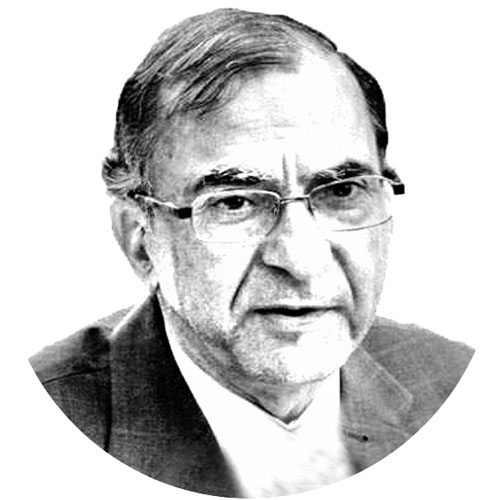Focus on Jammu & Kashmir
ONCE again, the United States Department of State, 2020 Country Reports on Human Rights Practices, issued on March 30, 2021 has reproached India on her human rights record.
The country report contains graphic documentation of human rights violations being committed by the Indian military and paramilitary forces in Jammu & Kashmir.
This is a significant step towards greater international recognition of the serious abuses committed against Kashmiris at the hands of Indian Army. This report may take the veil of secrecy off of India’s crimes against humanity.
The country report cites various examples where the authorities intimidate and threaten the media.
The report says, “Journalists working in Jammu and Kashmir continued to face barriers to free reporting through communications and movement restrictions.
Criminal prosecutions were often used to gag journalists critical of the authorities, including the use of a section of the penal code that includes sedition punishable by life imprisonment.
In February the Kashmir Press Club stated security agencies had routinely deployed intimidation tactics such as threat, summons and physical attack on journalists in Jammu and Kashmir.”
The country report details many instances where the use of draconian laws has given sense of total impunity to the Indian Army in Kashmir.
“The Public Safety Act (PSA), which applies only in Jammu and Kashmir, permits authorities to detain persons without charge or judicial review for up to two years without visitation from family members.”
The country report underscored, “There were allegations of enforced disappearance by the Jammu and Kashmir police.
Although authorities denied these charges and claimed no enforced disappearances had occurred since 2015, the International Federation for Human Rights reported that cases of enforced disappearances continued through 2019.”
The country report was very concerned about arbitrary arrests and detention.
It says, “Following the central government’s August 2019 abrogation of a special constitutional provision that provided autonomous status for Jammu and Kashmir, authorities used a public safety law to detain local politicians without trial. Most detainees were released during the year.
Media reports indicated those released were required to sign bonds agreeing not to engage in political activity.”
Political prisoners are facing many hardships. Their relatives do not have free access to meet with them even on special occasions.
The report says, “NGOs reported the central government held political prisoners and temporarily detained individuals in Jammu and Kashmir under the PSA.
On September 15, the Ministry of Home Affairs informed Parliament that 223 political leaders from Jammu and Kashmir, who had been detained after August 2019, remained in detention but added “no person is under house arrest.”
The country report quoted international experts and NGOs who have not been able to visit Jammu & Kashmir.
The report says, “Various domestic and international human rights organizations continued to express serious concern at the use of pellet guns by security forces for crowd-control purposes in Jammu and Kashmir.
In March the Jammu and Kashmir High Court dismissed the public interest litigation petition seeking a ban on the use of pellet guns on protesters, asserting that police have the right to administer force in self-defence when facing violent protests.”
The country report cites many examples of torture which has been used against civilians in Jammu & Kashmir.
The report says, “A May 2019 report by the JKCCS and the Association of Parents of Disappeared Persons alleged that police, military and paramilitary forces in Jammu and Kashmir used torture against civilians and opposition over the past four decades.
The report documented 432 testimonies from individuals who claimed to have been tortured.
There were continued allegations of physical abuse and torture following the government’s enhanced security measures in Jammu and Kashmir after the August 2019 move to abrogate Article 370 of the Constitution.”
As we all know that Internet ban has been a serious problem. The report says, “The center reported the longest shutdown occurred between August 4, 2019, and March 4 in Jammu and Kashmir.”
The right to freedom of expression and peaceful assembly are basic human rights.
The report says, “Jammu and Kashmir was an exception, where the state government sometimes denied permits to separatist political parties for public gatherings, and security forces reportedly occasionally detained and assaulted members of political groups engaged in peaceful protest (see section 1.g).”
—The writer is the Secretary General of World Kashmir Awareness Forum.









